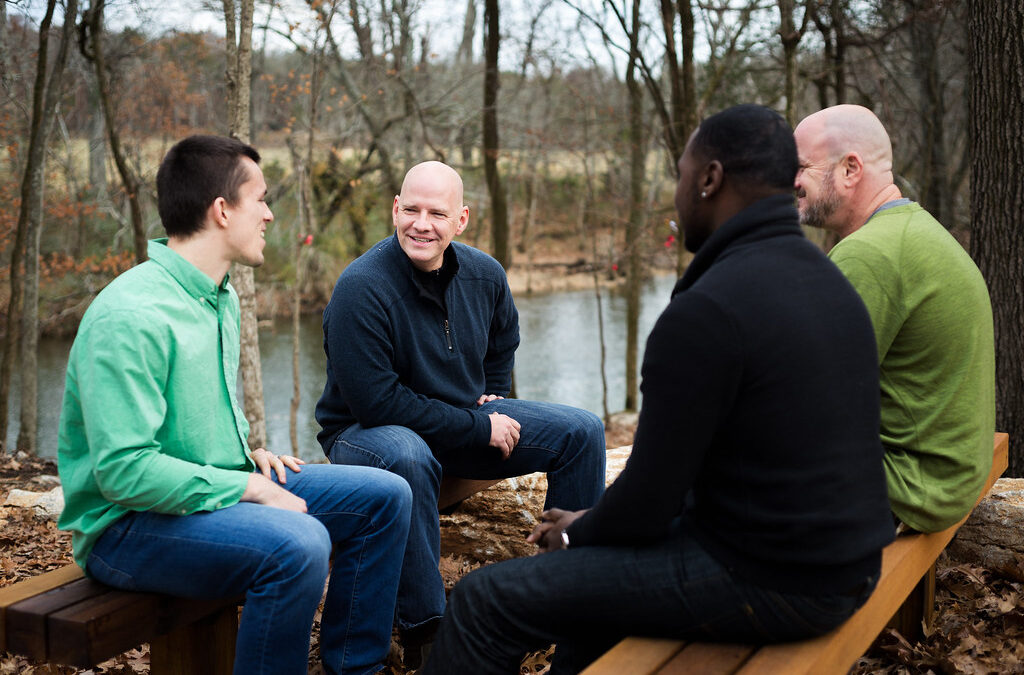Born with Spinal Muscular Atrophy (SMA), Wong Ching Yu, nicknamed Fish, has never walked a step. But through heartbreak, rejection and self-doubt, she found her purpose in life.
Between the glass towers of busy Hong Kong, a woman wheels herself through the revolving doors of HSBC. From the outside, she looks like any other professional in the city’s corporate heartbeat. But her journey to this moment has not been ordinary.
Wong Ching Yu, known as Fish, at 28, is a podcast host, performer, video creator, and full-time customer service agent at HSBC.
“I call myself a tropical fish,” she says, with a grin, “Bright, colourful… and a little different.”
She spends her evenings watching K-pop stars like Kang Daniel and the AI boy band PLAVE dancing, while at weekends, she often watches films or shoots some videos. Behind the lightness in life, she had a rare neurological condition, Spinal Muscular Atrophy (SMA).
SMA diagnosis and Fish’s different childhood
Fish was born in Shunde, a city in mainland China. But when her grandmother noticed that she couldn’t move even at one year old, she was brought to Hong Kong for a medical check-up. The diagnosis came quickly. It was SMA, a genetic disorder that affects the motor nerve cells in the spinal cord, leading to progressive muscle wasting and weakness.
SMA varies in severity, but it often impairs a person’s ability to walk, eat, or even breathe independently.
Fish’s case is considered milder in the spectrum. She can move her limbs, but they lack strength. She has never walked after a big surgery. Still, she speaks of her childhood condition calmly.
“I never felt a big comparison,” she says. “Because I’ve never been able-bodied, this is just how I am.”
Growing up, Fish was shy and “very introverted,” she recalls. That changed when she met a classmate in school who would become her first real friend. “He was brilliant,” she says. “I looked up to him so much and wanted to be friends.”
They bonded over emails after class, sharing thoughts and laughter through the screen. But one day, her messages stopped receiving replies. The silence stretched beyond the New Year holiday.
“I still remember how I felt,” she says, voice quiet. “Even now, when I think about it, I want to cry.”
Her friend had passed away unexpectedly. The grief was heavy, and the questions haunted her. “Why would someone so intelligent, so full of potential, leave this world before me?” she asked. “But in a way… I was also happy for him. Because I know how much SMA can make you suffer.”
That early confrontation with mortality gave her a deeper appreciation for the life she had, imperfect but entirely her own.
Read a story about an OCD survivor becoming an influencer and helping others with her content.
In moments of uncertainty
After finishing secondary school, Fish enrolled in a publishing and design course at a post-secondary college. But the academic track didn’t suit her. “I realised I didn’t like studying,” she says. “In a knowledge-based economy like Hong Kong, I just didn’t see a place for myself.”
For many people living with disabilities in Hong Kong, this uncertainty is widespread. According to the Hong Kong government’s 2020 figures, only 19.7% of people with disabilities aged 15 and above were employed, compared to an overall labour force participation rate of 59.6%.
Fish eventually dropped out of university and entered a difficult nine-month job-hunting period. “I got a few job offers,” she says. “But when I asked about accessible facilities, they always had excuses such as ‘our office is too small,’ or ‘it wouldn’t be convenient.’”
But Fish refused to stay there.
She joined the Hong Kong PHAB Association, a group that fosters inclusion between people with and without disabilities. There, she found community and purpose.
“I made friends. I tried being a radio DJ. I helped organise a camping trip,” she says, eyes lighting up. “For the first time, I felt successful.”
A tutor at the programme later recommended her for a job in customer service at a property company. Though worried about her ability to manage the workload, she took the leap. “I was scared,” she says. “But I made it. I worked there for two years.”
She then joined Hong Kong’s Electrical and Mechanical Services Department for four years before landing her current role at HSBC.
Fish talks about her workplace today. “It’s improving in Hong Kong. I see more people with disabilities working. More facilities are accessible. But most importantly, I think our minds are opening up.”
“You have to keep trying new things.”
Fish now hosts a podcast, shares her life updates through video content on WeTV and regularly performs in drama productions.
WeTV is a YouTube channel that features stories by and for people with disabilities. Fish appears in lifestyle and interview videos, using the platform to raise awareness and share her journey with humour and heart.
“I always tell people that you have to keep trying new things. You need the courage to step out of your comfort zone,” she says.
“I like to think I’m a colourful fish, one that doesn’t just float but swims with purpose,” she says with a grin.
Music is another form of entertainment and inspiration. From B1A4 to Kang Daniel, her playlists are full of bright energy, just like her. “I love their passion and creativity,” she says. “It reminds me to keep doing what I love.”
Fish knows that life has never been easy. Even though she has experienced times of loss, rejection, and doubt, she knows that change is possible, and often, it begins with a single step.
“We all get lost sometimes,” she says. “But we can always start again from the basics. If you dare to step out, you will be changed. If you don’t change yourself, everything stays the same.”
In a city known for speed and efficiency, Fish stands out. Even though she could not walk, her growth mindset, creativity, and kindness made her stand out. She is more than a tropical fish. She is a reminder that even in deep waters, it is possible to swim toward light.



